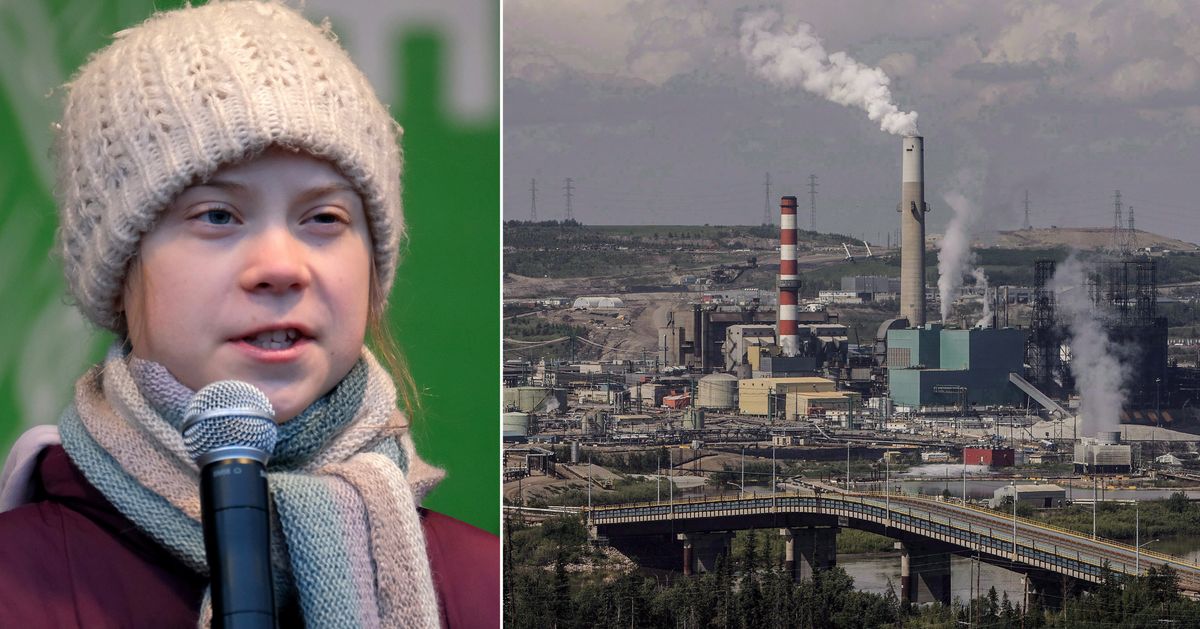- Joined
- Dec 27, 2017
- Posts
- 28,438
- Reaction score
- 63,589
- AFL Club
- North Melbourne
- Thread starter
- #2,526

Horton breaks silence on doping bombshell
Aussie Olympic champion Mack Horton has refused to dance on the grave of Chinese swimmer Sun Yang’s career.www.news.com.au
Chinese swimmer Sun Yang has been found guilty by the Court of Arbitration for Sport (CAS) in a bombshell verdict and handed the maximum eight year ban.
Each shit cheat









